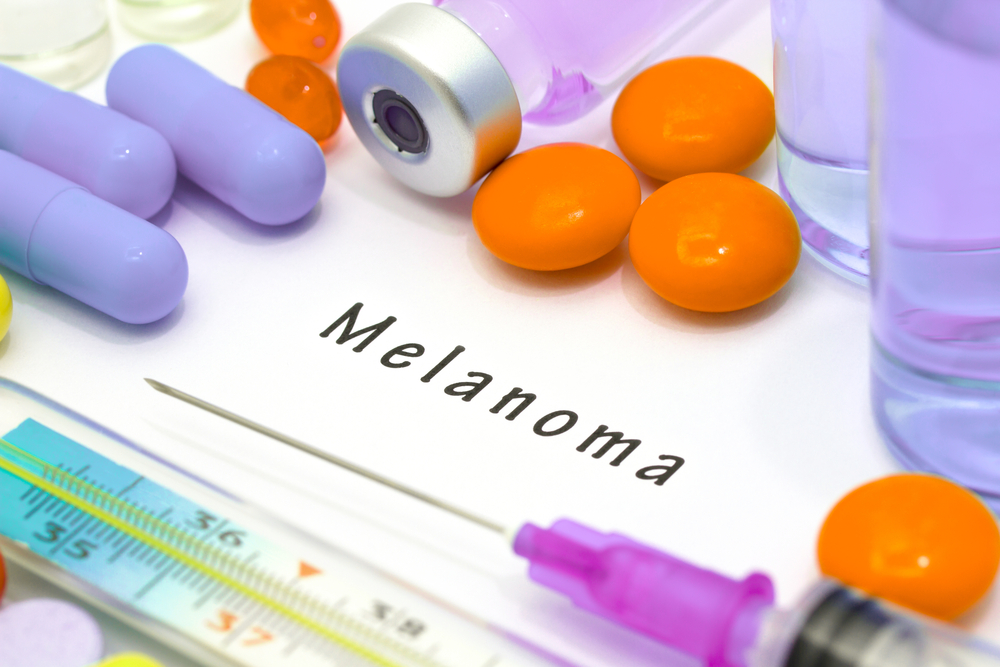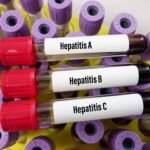Gary Keblish listened to his surgeon in disbelief. He received a diagnosis in 2019 that the mole that had been on his back for several years had become a melanoma and was in an advanced stage which is usually fatal.
“I felt numb,” the 61-year-old Brooklyn teacher said.
Fortunately, Gary was able to sign on to a clinical trial that was testing a preventative vaccine that could trigger remission. Two thirds of trial participants, including Gary, received the vaccine. It is called Keytruda (pembrolizumab).
Keytruda trains the immune system to bypass normal cells. In doing so and working with the immunotherapy drug, it can kill the cancer cells.
It has been two years and Gary’s cancer has not returned.
About the Personalized Cancer Vaccine
Results of Keytruda’s Phase 2 clinal trial were recently presented at the annual American Association for Cancer Research meeting. The presenters were able to show that combining the vaccine with immunotherapy had the effect of reducing recurrence by at least 50%.
This was the first controlled and randomized trial that registered a benefit from the new cancer vaccine.
A total of 157 patients whose tumors had previously been surgically removed, and were considered to be at risk of their cancer recurring were recruited.
Fifty patients were randomized to receive the immunotherapy medication only, while 107 patients received both the personalized vaccination and immunotherapy.
In addition, cancer cells may avoid detection by masquerading as mutations. In this way the immune system does not recognize them as a threat.
Now we have moved into the mRNA vaccine arena. Once a patient’s tumor is surgically removed the doctors, upon examination, will identify proteins specific to the individual’s tumor and not to any other of the body’s cells. Up to 34 proteins from the cancer tumors became the vaccine’s targets.
During a two year follow up 40% of patients treated only with the immunotherapy drug experienced cancer recurrence.
That compares to 22.4% of patients that were treated with the drug along with the vaccine, a 44% change.
Significant New Findings
Dr. Antoni Ribas, professor of medicine from UCLA, commented that the Phase 2 trial is a “first” in that the cancer vaccine was found to have almost a 50% reduction in relapse risk. Dr. Ribas said that it proves the vaccines work and trigger an immune system response to the patient’s cancer.
Dr. Thomas Marron, Tisch Cancer Institute director, acknowledged that after the tumor gets removed, the cancer may return, as microscopic particles often travel to other parts of the body. If the cancer returns it will do so quickly, perhaps somewhere from six months to two years.
According to Dr. Marron, the advantage of this vaccine is that it can target as many as 34 mutations. He explained that the immune system is being trained to identify 34 different factors which are unique to a particular cancer.
A Phase 3 study is scheduled to be launched this summer. Similar results are anticipated. Following requisite procedures, the data may be ready for registration with the FDA in three years.
Still, as Dr. Marron said, it’s an important advancement in cancer vaccines, especially that it may stop the spread of melanoma, the most dangerous type of skin cancer.
Dr. Margaret Callahan at Sloan Kettering was cautiously optimistic when she voiced her opinion that this trial is important. Dr. Callahan said that it is the first study focused on a cancer vaccine that had a meaningful endpoint. The tumors did not reoccur.
Editor’s Note: Get Involved
Cancer doesn’t discriminate. WHATNEXT and its partners are interested in amplifying the voices of those from all identities and backgrounds. If you have a cancer journey to share, reach out here to learn more about how your voice can help spread awareness and inspire individuals from all walks of life.
cancer cancer treatment melanoma research treatment
Last modified: January 23, 2025











